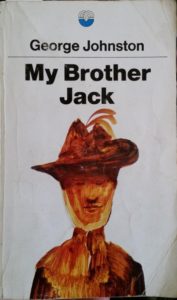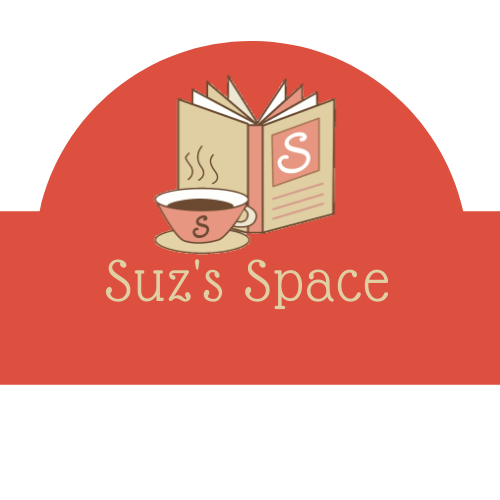
I’ve been looking at a lot of iconic books today, this is just one of them. It’s the story of one Melbourne family’s travails through both World War I and World War II through the eyes of David Meredith. Written in 1964, photo I’ve put here has an image by Sidney Nolan, another iconic Australian artist, albeit of a different kind.
Our protagonist, David Meredith, was seven when his parents returned from the war. His father from the front and his mother from nursing duties elsewhere overseas. We see how this affects the family and how ‘shell shock’ takes over his father. His mother goes back to the nearby hospital to continue her nursing duties sometimes bringing patients home for further nursing.
As Meredith grows up we see Melbourne through his eyes, we see the Depression and how his family managed to bypass it thanks to his burgeoning writing and how he ends up a celebrated War Correspondent.
So many things in the book. Johnston doesn’t pull his punches, and we find out how hard some families had it. Meredith doesn’t manage to support his older brother, Jack, and Jack’s family but not through want of trying. This means we see through rather sparse language how Jack copes by getting the odd day of work here and the odd day there, how he leaves Melbourne and goes looking for work wherever he possibly can. We see through the language used at the time how people coped, how ‘the dole’ was created and how it affected people, the jackets they were given to cover themselves became an emblem of the times and when the war started these jackets were dyed a different colour.
Johnston had a way with words. He used descriptions of mundane things to highlight how serious things were. I spoke about this a couple of weeks ago and you can read it here. He does this so often. I mentioned ‘sparse language’ in the previous paragraph but in some parts of the book it was anything but sparse. Some parts of the book I felt overwhelmed but the amount of detail given.
This book is highly autobiographical. In many ways it’s the story of Johnston himself. The house he describes very early on in such detail was still there two years ago. The descriptions he gives of places in Elsternwick or Caulfield are places I’ve been many times so I could visualise walking through them, albeit many years later and with lots more traffic and people. The hospital he talks about is currently called Caulfield Hospital, it’s been there since 1916 and was opened as an Army Hospital.
Johnston has depicted Melburnians as they were at the time. Johnston spent 20 years living overseas, but when he came back and this book was published, he still had his broad Australian accent. The people loved him, at this time those in positions of power and on the radio and TV had BBC accents, so to hear someone writing about Australia with a strine accent would have endeared him to the public.
I am almost ashamed to have not read this book until now. Almost but not quite. It seems I’ve accidentally left it until a time when I could appreciate it. I know I’ll appreciate it even more when I’ve finished my degree. Before now I would have dismissed most of it as ‘too wordy’ or ‘I don’t understand these bits’ but now I’ve done enough study on the mechanics of writing that I can see what I’m reading. That’s why I say I’ll appreciate it even more when I have a couple of letters to forget to put after my name.

